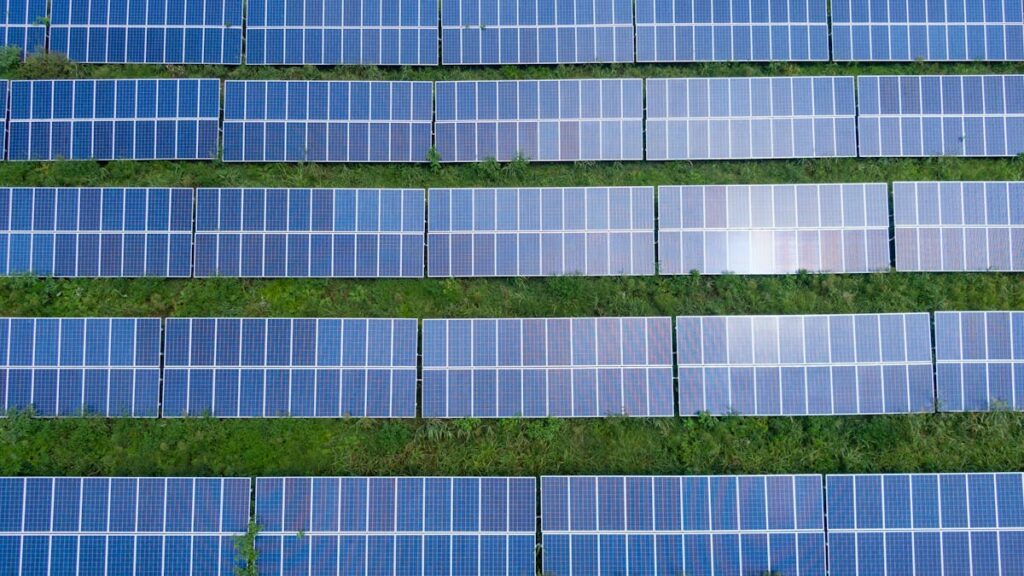In the ever-evolving landscape of home energy solutions, solar power has emerged as a leading force in the transition toward a more sustainable and efficient future.
The movement towards renewable energy sources reflects a global recognition of the urgent need to address environmental challenges and reduce reliance on fossil fuels. Among the array of green energy solutions, solar power stands out for its accessibility, efficiency, and, increasingly, its affordability.

As we dig deeper into solar energy’s potential, it’s worth exploring what this transition means for homeowners and the planet.
For those considering making the switch, austrasolarpower.com.au offers a comprehensive guide to embarking on this eco-friendly journey.
Understanding the Shift Toward Solar Energy.
The shift towards solar energy is being propelled by several pivotal influences that synchronize with both ecological aims and private advantages for homeowners.
Firstly, issues with the natural effect of conventional wellsprings of vitality, generally fossil fuels, have urged a worldwide push for more clean options. Solar energy, acquired from the sun’s plentiful and sustainable vitality, offers an answer that essentially lessens carbon impressions and ozone-depleting substance outflows.
The move to sunlight-based vitality is driven by worries over environmental change and a desire to diminish reliance on non-renewable energy sources. By setting up sun-based boards, property holders can create a portion of their power needs while additionally helping secure the earth.
Furthermore, technological progressions in solar board configuration and vitality stockpiling have made sun oriented frameworks more productive and less obtrusive than any other time in recent memory. Current sun based establishments can create more control, even in less-than-ideal climate conditions, making them a practical alternative for an extensive variety of atmospheres and geological areas.
Specifically, late improvements in board effectiveness and stockpiling limit have expanded the measure of vitality that can be created from sun-powered boards notwithstanding when the climate is overcast. What’s more, minimized sun based board outlines permit frameworks to be introduced in a more limited space without influencing the look of a home or business.
Along these lines, the utilization of sun-powered vitality has ended up being all the more financially savvy and practical alternative contrasted and conventional wellsprings of vitality for a broad scope of clients.
The Economic Implications of Adopting Solar Power.
While the environmental benefits of solar energy are well-recognized, the economic implications are equally compelling. The initial investment in solar panels is often cited as a barrier to entry for many homeowners. However, the long-term savings on electricity bills and the increasing availability of government incentives and rebates have made solar power a financially viable option for a growing number of households.
While the decrease in energy expenses is not the sole monetary benefit related to solar energy, properties outfitted with solar frameworks regularly observe an ascent in estimation, making sun powered establishments a savvy speculation in the eventual fate of one’s home. The sun-based part of itself is developing quickly, adding occupations and financial development to networks worldwide. Homes equipped with solar panels to generate electricity see higher property values since potential buyers recognize that the solar system provides long-term energy cost savings.
This incremental increase in property worth acts as an additional return on the initial investment in the solar installation. Furthermore, the expanding solar industry generates numerous manufacturing, installation, and maintenance jobs. These new jobs and overall business activity invigorate local economies through increased spending and tax revenue. As the solar sector continues to increase to meet rising energy needs, its positive economic impact will keep amplifying worldwide.
Navigating the Transition to Solar Power.
When contemplating the shift to solar energy, one must start by comprehending the particular necessities and circumstances of their dwelling.
Variables like roof area, sun presentation, and nearby climate conditions are essential in choosing the most viable solar power arrangement.
Seeking guidance from experts who have considerable experience can give important understandings into the kinds of sun-based boards, establishment alternatives, and vitality stockpiling answers for best address singular necessities.
The experts can break down factors, for example, how much power is required normally, sun introduction on the rooftop, and expenses to guarantee the best and most savvy arrangement. Their point-by-point counsel can assist with settling on the choice that spares the most cash over the long haul while additionally supporting more maintainable vitality.
Conclusion.
While the shift towards solar energy signifies meaningful progress in our shared goal of constructing a more eco-friendly and energy-efficient tomorrow, there are still steps to take. As individual homeowners progressively opt to go solar, embracing clean power generation helps further a broader initiative, emphasizing environmental protection and economic resilience over the long haul.
Transitioning a residence to solar requires careful deliberation and preparation, but the rewards for homeowner and Earth alike are countless.

